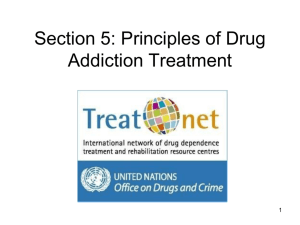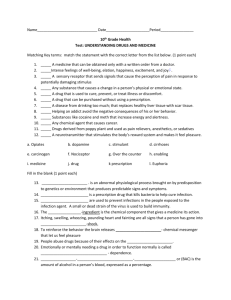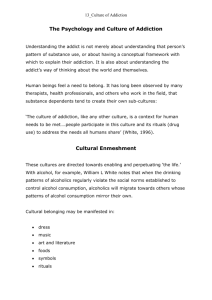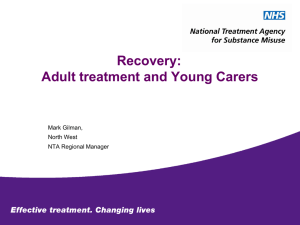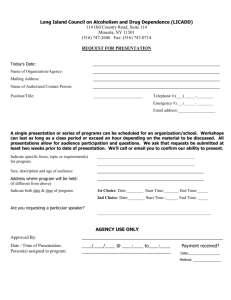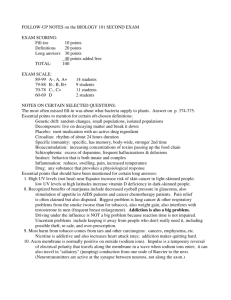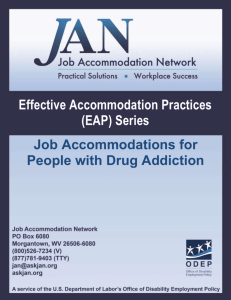How to Use the Internet Wisely - Counselling and Person Enrichment
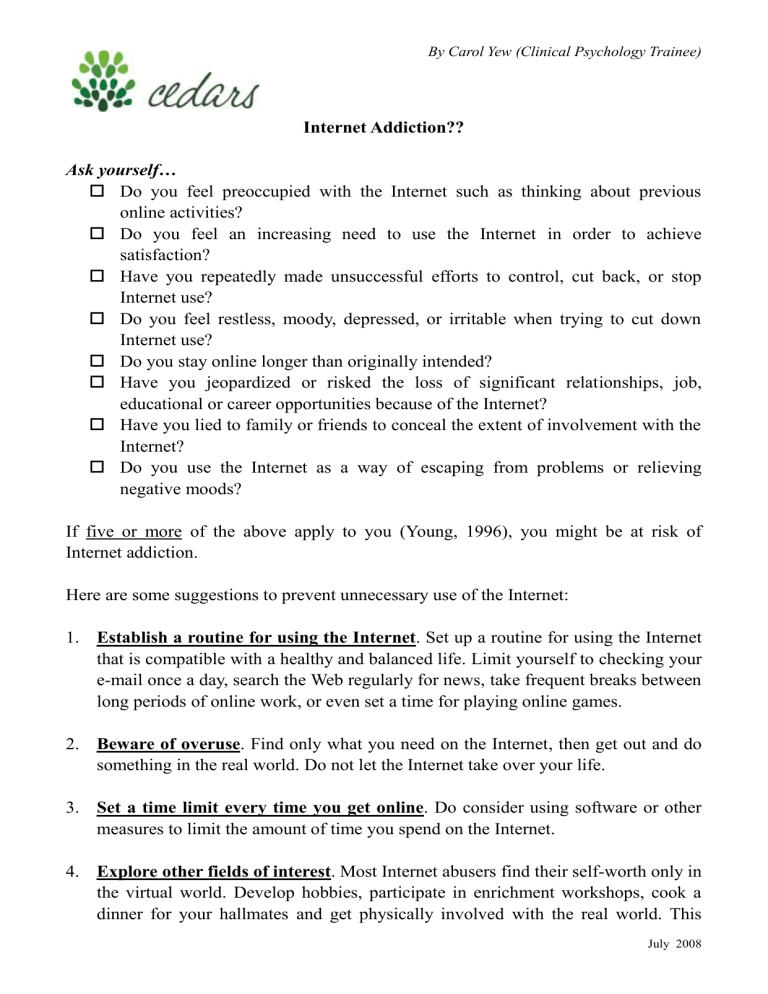
By Carol Yew (Clinical Psychology Trainee)
Internet Addiction??
Ask yourself…
Do you feel preoccupied with the Internet such as thinking about previous online activities?
Do you feel an increasing need to use the Internet in order to achieve satisfaction?
Have you repeatedly made unsuccessful efforts to control, cut back, or stop
Internet use?
Do you feel restless, moody, depressed, or irritable when trying to cut down
Internet use?
Do you stay online longer than originally intended?
Have you jeopardized or risked the loss of significant relationships, job, educational or career opportunities because of the Internet?
Have you lied to family or friends to conceal the extent of involvement with the
Internet?
Do you use the Internet as a way of escaping from problems or relieving negative moods?
If five or more of the above apply to you (Young, 1996), you might be at risk of
Internet addiction.
Here are some suggestions to prevent unnecessary use of the Internet:
1.
Establish a routine for using the Internet . Set up a routine for using the Internet that is compatible with a healthy and balanced life. Limit yourself to checking your e-mail once a day, search the Web regularly for news, take frequent breaks between long periods of online work, or even set a time for playing online games.
2.
Beware of overuse . Find only what you need on the Internet, then get out and do something in the real world. Do not let the Internet take over your life.
3.
Set a time limit every time you get online . Do consider using software or other measures to limit the amount of time you spend on the Internet.
4.
Explore other fields of interest . Most Internet abusers find their self-worth only in the virtual world. Develop hobbies, participate in enrichment workshops, cook a dinner for your hallmates and get physically involved with the real world. This
July 2008
could keep you away from the computer and promote physical, psychological and social health.
5.
Place your computer smartly . If possible, place your computer or laptop in a more public area within the house, such as in the living room, and not your own bedroom. This will limit the amount of time you spend online, and help you exercise self-discipline in terms of what kinds of websites you access on the
Internet.
6.
Seek help . If you suspect that you are suffering from symptoms of internet addiction or you are facing a problem that out of your capacity to handle, consult a counsellor at CEDARS (Counselling & Person Enrichment).
Link to
Know more about the Counselling Service
Make Counselling Appointment
Person Enrichment Workshops
Reference: Young, K. S. (1996). Internet addiction: The emergence of a new clinical disorder. Paper presented at the 104th annual meeting of the American Psychological Association, August 11, 1996. Toronto, Canada.


